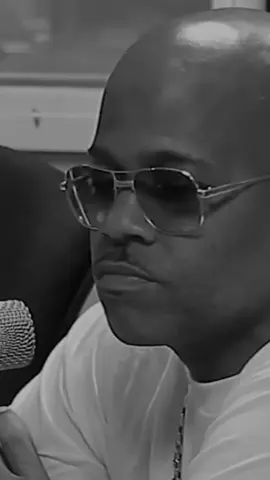꧁༺քʀɨռƈɛ ʍʊֆǟ༻꧂
Region: BD
Thursday 20 November 2025 15:44:07 GMT
133
16
1
0
Music
Download
Comments
md mehndi :
🥰🥰🥰
2025-11-23 14:07:57
0
To see more videos from user @aliahmedmusa247, please go to the Tikwm
homepage.





